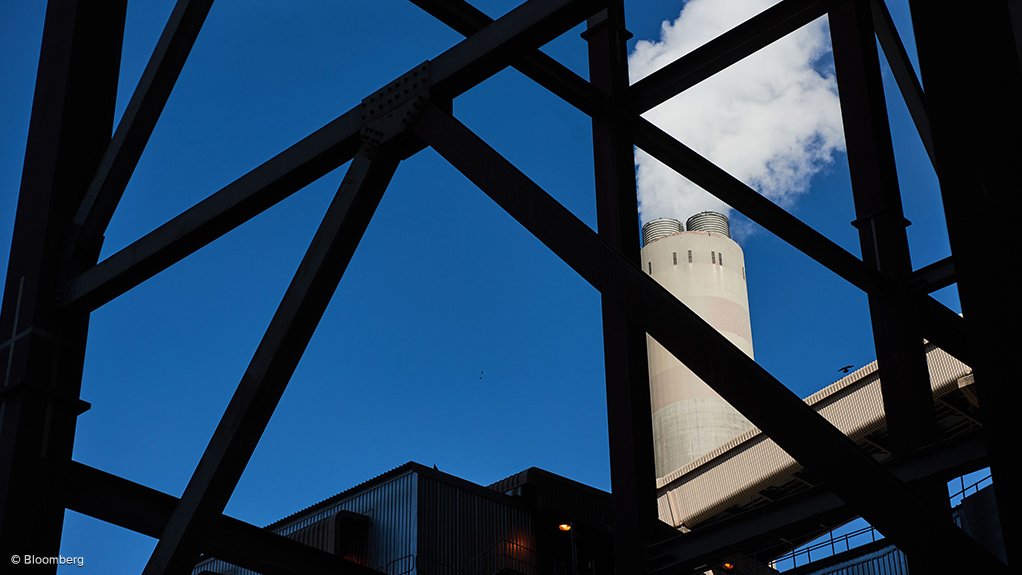South Africa is risking a $9.3-billion climate finance pact by delaying the closing of a number of coal-fired power plants, a panel appointed by the country’s environment minister said.
In an agreement known as the Just Energy Transition Partnership, South Africa won the bulk of the pledges from some of the world’s richest nations in loans, grants and guarantees in 2021. They offered to help the country reduce its dependence on coal for power generation on condition it phased out a number of its older plants using the dirtiest fuel.
The worst power cuts on record last year prompted Eskom, the State power utility, to delay shutting down the facilities. Eskom has said it has decided to postpone the decommissioning of three power plants — Grootvlei, Hendrina and Camden — until 2030.
A unit in the South African presidency earlier this month made a presentation about the nation’s new plans to the World Bank-linked Climate Investment Funds, which is considering allocating $500-million to South Africa. Financing from the fund could trigger a further $2-billion in investment from other partners. The content and outcome of those discussions haven’t been disclosed.
The JETP partner nations have been understanding of the energy security concerns but a misalignment with the goal of rapid decarbonization to the lower level of an emissions target range the government submitted to the United Nations could risk this finance, the National Environmental Consultative and Advisory Forum said in its report. They are unlikely to tolerate a significant reversal of the plans, according to the report.
The UK, US, France, Germany and the European Union signed up to the pact in 2021 while the Netherlands and Denmark joined later. South Africa generates about 80% of its electricity from coal and has the most carbon intensive economy of any of the Group of 20 nations, which compromises most of the world’s largest economies.
The 531-page report, parts of which were redacted, was commissioned by Environment Minister Barbara Creecy to advise her on an appeal by Eskom to keep power plants capable of producing 16 gigawatts of electricity open despite the breaching of emission limits. She accepted the recommendation that retrofitting five of the oldest plants with equipment to reduce sulphur-dioxide pollution was impractical and granted them exemptions until 2030.
The panel expressed concern about Eskom’s plans to keep the plants open for longer than initially planned, saying they emit the most greenhouse gases per unit of power produced of any of Eskom’s 14 facilities.
It also said a separate report commissioned by the minister on sulphur-dioxide pollution from Eskom’s plants, which it studied, showed that the health impact of the pollutant has been underestimated.
“Morbidity impacts are likely to be orders of magnitude greater than any of the likely underestimated mortality impacts calculated to date for sulphur dioxide in South Africa,” it cited the authors of the report, which hasn’t been released publicly, as writing.
Edited by: Bloomberg
EMAIL THIS ARTICLE SAVE THIS ARTICLE
To subscribe email subscriptions@creamermedia.co.za or click here
To advertise email advertising@creamermedia.co.za or click here













